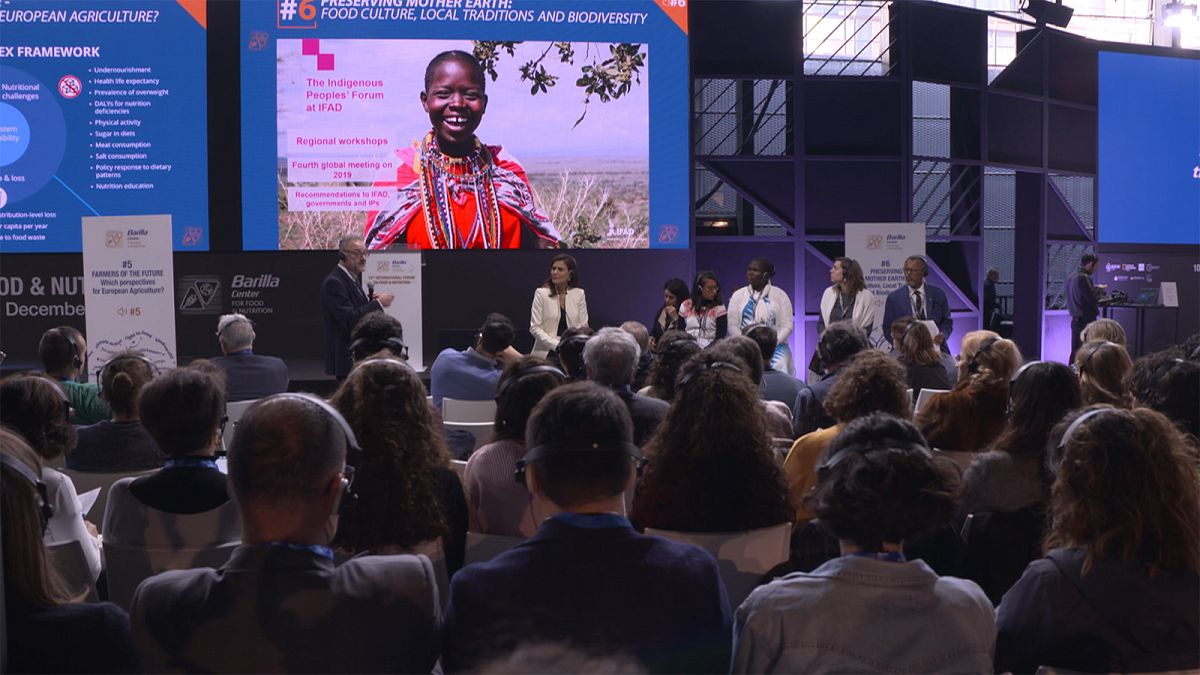The Barilla Foundation is trying to tackle the climate crisis by promoting sustainable food production.
Climate change has played heavily in 2019, with activists around the world holding protests and calling on governments to make a change. Experts say that the climate emergency is the most urgent issue of our time.
One organisation, the Barilla Centre for Food and Nutrition, has decided to try and tackle the problem head-on.
They say it’s important for them to take a step towards making an effective change as greenhouse gas emissions created by food production, distribution and consumption were “identified as playing a key role” in the climate crisis.
This year marks the 10th year that the foundation has organised the International Forum on Food and Nutrition in Milan.
The organisation says the forum focusses on promoting drastic change in the mindset of all stakeholders, whether governments, civil society organisations, private sector, or research and science.
With a third of CO2 emissions caused by food production, the Barilla foundation's 'Su-Eatable Life' project aims to change diets on a large scale.
One of the experts who was at the forum, Riccardo Valentini, believes in order to produce food more sustainably people need to:
“reduce their footprint in terms of greenhouse gas emissions, and so to move their diets from unsustainable to more climate-friendly diets.”
Also on the agenda was the Digitising Agrifood report, which looks at new and innovative ways to produce food in a more environmentally friendly way. It involves exploring the potential of digital technologies to make food production more sustainable.
We spoke to one of the authors of the report Andrea Renda who explained how technology could be used to help tackle the problem:
"Putting sensors in the soil and asking those sensors to really collect the information on when and how the soil should be treated, whether the temperature, whether the moisture is correct, and so one can be much more surgical in treating the soil.”
Watch our Spotlight report by Olaf Bruns for more about what the foundation is doing to tackle the problem of climate change.

